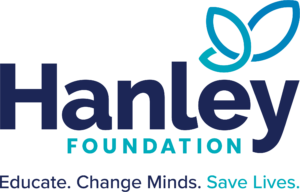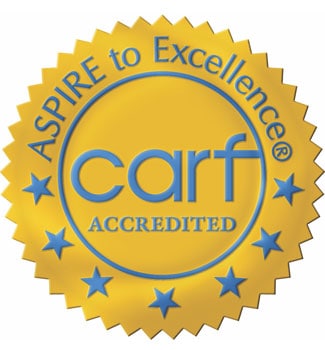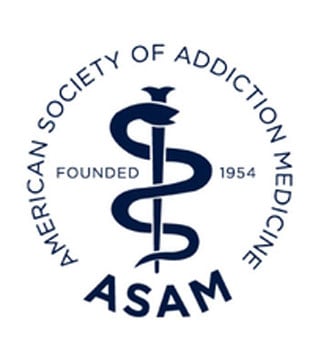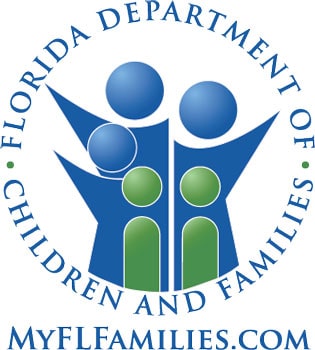Depression

Depression (also known as clinical depression or major depressive disorder) is a common but serious mood disorder that affects how you think, feel, and handle daily activities. More than just a bout of the blues, depression isn’t a moral failure or weakness. With depression, you can’t simply “snap out of it.” Depression is a serious behavioral health condition that may require long-term treatment and support.
Even the most severe cases of depression can be treated. The earlier that depression recovery treatment can begin, the more effective it is. Depression is usually managed with therapy, medications, and psychological interventions. With the proper care, you can go on to lead a joyful and happy life.
MENTAL HEALTH DISORDERS
Specialized Therapies for Depression Recovery
Several types of therapy (also called counseling) can help people with depression. Our therapists are trained to draw from a wide range of therapeutic techniques to help you face your struggle with depression.
Examples of evidence-based approaches for the treatment of depression include:
- Cognitive-behavioral therapy (CBT)
- Motivational interviewing (MI)
- Dialectical behavioral therapy (DBT)
- Problem-solving therapy
- Brainspotting
Medications and Medical Care
Antidepressants are medicines that treat depression by controlling the way your brain uses certain chemicals that influence mood or stress. You may need to try a few different antidepressant medicines before finding one that works for you. Psychiatric care by experienced medical professionals includes the appropriate diagnosis and treatment of mental health disorders and medication management.
Antidepressants take time to work, so it is important to give medication a chance before reaching a conclusion about its effectiveness. For this reason, residential treatment can be extremely beneficial if you are struggling to recover from depression. This approach allows you to explore the wellness of your body, mind, and spirit. During residential care, your medications are tested, counseling is initiated, and solution-oriented interventions are applied.

Signs and Symptoms of Depression
If you have been experiencing some of the following behavioral symptoms of depression nearly every day for at least two weeks, you may be suffering from major depressive disorder:
- Persistent sad or “empty” mood
- Feelings of hopelessness, guilt, worthlessness, or helplessness
- Irritability
- Substance use or addiction
- Loss of interest in hobbies and activities
- Fatigue or decreased energy
- Restlessness
- Difficulty concentrating or making decisions
- Difficulty sleeping
- A change in appetite or weight
- Thoughts of suicide or suicide attempts
- Unexplained physical problems, such as chronic pain or headaches
Not everyone who is depressed experiences every symptom. You may experience only a few, while others may experience many. Depending on your diagnosis, the severity and frequency of symptoms and how long they last will vary.
Risk Factors
Depression is one of the most common mental illnesses in the United States. Current research suggests that depression is caused by a combination of factors, including genetic, biological, environmental, and psychological factors.
Risk factors can include:
- Personal or family history of behavioral depression
- Major life changes, trauma, or stress
- Certain physical illnesses and medications
- Prolonged substance use
As we age, the likelihood that we will experience depression increases. Today, it is one of the top three most common mental health diagnoses for older adults. Depression, especially in midlife or older adults, can co-occur with other serious medical illnesses such as addiction, diabetes, or heart disease. Often, these conditions are worse when depression is present.
Symptoms of depression in older adults include:
- Memory difficulties or personality changes
- Chronic pain
- Fatigue, loss of appetite, or sleep problems not caused by a medical condition or medication
- A desire to stay at home rather than go out to socialize or try new things
- Suicidal thoughts or feelings, particularly in older men
In all our programs, which include both residential and outpatient options, every patient works with qualified mental health professionals to devise a comprehensive treatment plan that assesses all aspects of wellness: body, mind, and spirit. You or your loved one will meet with a primary physician, a psychiatrist, and counseling and psychology professionals to assess what is most appropriate for your individual needs. Medication, therapies for brain health, light physical activity, chronic pain management, and other therapies help to comprise your individualized depression recovery plan for long-term wellness.
Our Center for Older Adult Recovery provides comprehensive residential care for older adults with depression co-occurring with addiction.
Depression in Young Adults
More than 90% of people who commit suicide struggle with a mental health disorder such as depression. Common signs and symptoms of depression in young adults are similar to those of midlife and older adults, but there can be some differences.
In young adults, symptoms may include the following:
- Poor performance or poor attendance at school
- Feeling misunderstood and extremely sensitive
- Using recreational drugs or alcohol
- Self-harm
Like adults, college-aged individuals with severe depression frequently turn to drugs, alcohol, or other risky behaviors in an attempt to numb their mental, emotional, or spiritual discomfort. Because of this, we offer programs that treat both addiction and depression when they co-occur and programs that handle depression recovery independent of addiction at both the residential and outpatient levels of care.
Addiction and Depression
When addiction co-occurs alongside depression, it is imperative that both disorders be treated simultaneously, in the same location, and by the same team of professionals. We offer seamless co-occurring disorder treatment through our multidisciplinary, medically intensive programs. We manage not only your physical and mental symptoms but also your psychological and spiritual needs. From our licensed therapists to our medical professionals, our compassionate staff meets daily to discuss your care and develop solutions. Other patients suffering from depression and substance misuse have been shown to benefit from our specialized, integrated treatment model. Whether you’re looking to improve your quality of life or to find a higher level of comfort, we can help.
When to Get Emergency Help
If you have a loved one who is in danger of suicide or has made a suicide attempt, make sure someone stays with that person. Call 911 or your local emergency number immediately. In the U.S., you can call the National Suicide Prevention Lifeline at 1-800-273-TALK (1-800-273-8255) or dial 988 from any phone.
Relief from the symptoms of depression does exist. We are here to help you or your loved one find healing, wellness, and happiness. Reach out today at 561-841-1033 to learn about our evidenced-based depression recovery programs.

Contact Hanley Center
We are dedicated to helping our patients achieve lifelong, sustainable, and complete recovery from addiction and mental health disorders.
Learn more about the depression treatment options, call 561.841.1033 to get started today.
Hanley Center: Most Insurance Accepted
Address: 933 45th Street
West Palm Beach, FL 33407




